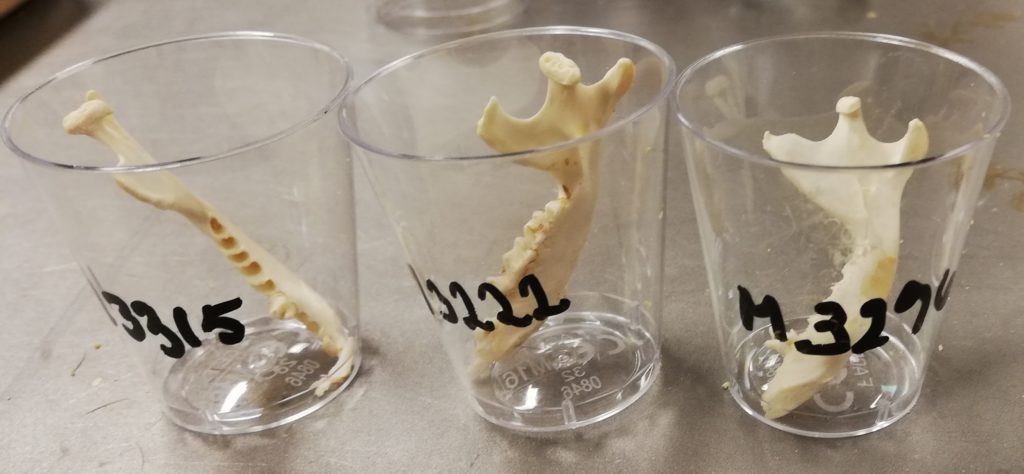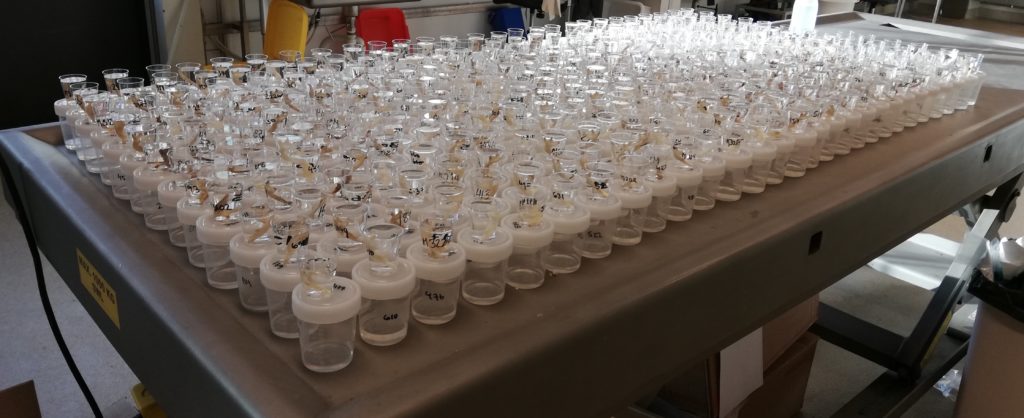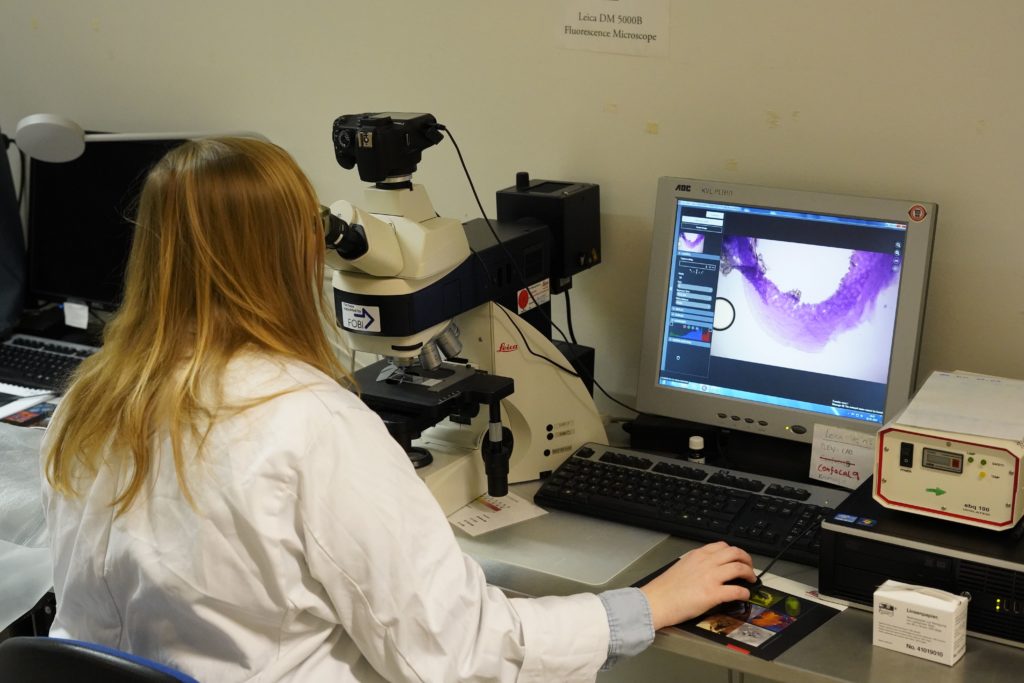Research: The world’s oldest hedgehog
17th February 2023
The world’s oldest known European Hedgehog has been found in Denmark. The unfortunately deceased animal, named Thorvald, likely lived to be 16 years old. He was aged using growth lines in his jawbone, a similar method to counting rings in trees. Thorvald was found as part of a study investigating mortality and life expectancy of hedgehogs. The research was undertaken by Dr Sophie Lund Rasmussen from the Wildlife Conservation Research Unit (WildCRU), University of Oxford and colleagues of Naturama, University of Southern Denmark and Copenhagen University.

As part of ‘The Danish Hedgehog Project’, the researchers used citizen science to obtain hedgehog carcasses from members of the public. In total they received 697 dead hedgehogs which came from all over Denmark, and 388 of these were aged.
The previous record-holder for oldest known hedgehog was 9 years old. Although Thorvald was a grand old age, the team found that the average age of hedgehogs collected for the study was 1.6 years for females and 2.1 years for males. Unfortunately around one third of the hedgehogs had died before reaching one year of age.

While it is unusual in mammals for males to live longer than females, Dr Rasmussen said “The tendency for males to outlive females is likely caused by the fact that it is simply easier being a male hedgehog. Hedgehogs are not territorial, which means that the males rarely fight. And the females are raising their offspring alone.”
Additional findings
- 56% of the hedgehogs had been killed when crossing roads
- 22% died of natural causes
- 22% died at a hedgehog rehabilitation centre
- The hedgehog road deaths peaked in July, which is thought to be due to males roaming longer distances in search of females during the peak of the mating season.
The research also investigated whether the degree of inbreeding influenced how long a hedgehog would live. Previous studies have found the genetic diversity of Danish hedgehogs to be low, but this surprisingly was not found to affect the expected lifespan.
Dr Rasmussen says of this finding “This study is one of the first thorough investigations of the effect of inbreeding on longevity. Our research indicates that if the hedgehogs manage to survive into adulthood, despite their high degree of inbreeding, which may cause several potentially lethal, hereditary conditions, the inbreeding does not reduce their longevity. That is a rather groundbreaking discovery, and very positive news from a conservation perspective.”

Final thoughts
“Although we saw a high proportion of individuals dying at the age of one year, our data also showed that if the individuals survived this life stage, they could potentially live to become 16 years old and produce offspring for several years. This may be because individual hedgehogs gradually gain more experience as they grow older. If they manage to survive to reach the age of two years or more, they would have likely learned to avoid dangers such as cars and predators.”
Dr Sophie Lund Rasmussen (aka Dr Hedgehog)
Listen to Dr Sophie Lund Rasmussen talking through the study here.

